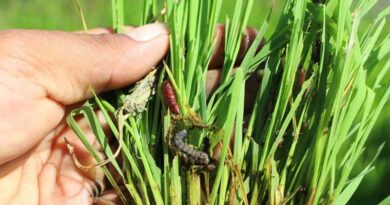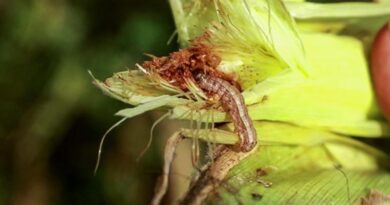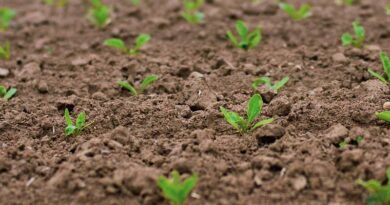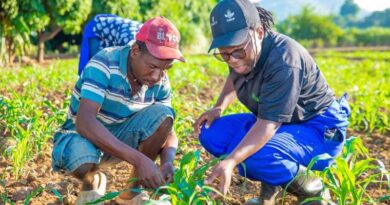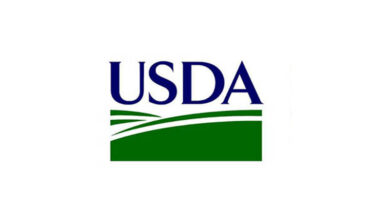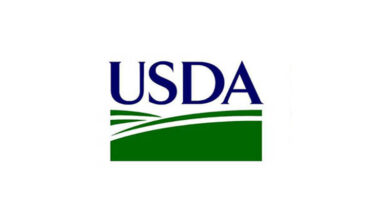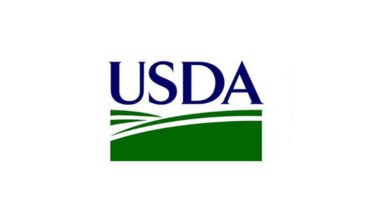Fightback starts against fall armyworm
7 January 2021, AU: The Queensland Department of Agriculture and Fisheries (DAF) has received approval to import a biopesticide for research purposes, marking a significant step in the fight to combat fall armyworm (FAW).
Minister for Agricultural Industry Development and Fisheries and Minister for Rural Communities Mark Furner said the Federal Department of Agriculture, Water and the Environment (DAWE) approval to import Fawligen® meant the Queensland Government could start working on management packages for impacted industries.
Also Read: Unlocking rice gene diversity for food security
“Since the initial detection of FAW in Australia in January 2020, DAF has worked closely with industry to find ways to address the threat posed by this voracious invasive pest to Queensland’s agriculture industry,” Mr Furner said.
“Fawligen® is a biopesticide targeting the FAW caterpillar which ingests virus particles, becomes infected and dies, spreading the virus to other FAW larvae in the crop.
“DAF first applied in March 2020 to bring Fawligen®, which is produced in the US by Australian company AgBiTech, into Australia.
“Getting DAWE’s approval to import Fawligen®, a naturally occurring caterpillar virus which targets FAW, is a key step forward as it has the potential to be a game changer for producers.”
Mr Furner said having access to Fawligen® would allow DAF researchers to immediately commence small scale work with AgBiTech to assess its performance on FAW populations, under local conditions and in various crops.
“This will generate information for an Australian Pesticides and Veterinary Authority (APVMA) regulatory submission,” Mr Furner said.
“Natural biological control agents, like Fawligen®, reduce grower reliance on conventional insecticides for FAW control, reducing the risk of insecticide resistance development.
“Another significant advantage of this biopesticide is that it only kills the FAW and is non-toxic to beneficial organisms including honeybees and beneficial natural enemies such as spiders, wasps and ladybeetles.”
AgBiTech’s General Manager for Australia, Philip Armytage, said in response to the spread and rise of FAW as a global pest, in 2015 AgBiTech established a production facility in the US to manufacture Fawligen® for Brazil and other global markets.
“At the time, Fawligen® could not be produced in Australia as the FAW was not present,” Mr Armytage said.
“Globally, Fawligen® is AgBiTech’s biggest product by volume, and we are excited to be able to bring our technology back home to Australia for our farmers.
“We will accelerate the project, working closely with DAF and use all our international experience to support the commencement of the registration work as soon as possible.”
Mr Furner said DAF had a long history of working closely with AgBiTech in supporting the development of the Helicoverpa biocontrol ViVUS Max® in the early 2000s.
“Australia is the global leader in the use of native and introduced biocontrol agents,” he said.
“We have seen excellent results in the control of similar caterpillar pests such as Helicoverpa as well as with silverleaf whitefly and prickly pear.
“In the meantime, growers should remain vigilant for the presence of FAW and check for the latest insecticide permits applying to fall armyworm using the APVMA’s permit portal – portal.apvma.gov.au/permits.”
The latest advice about the impacts and management of fall armyworm on key crops can be found on the fall armyworm web page at business.qld.gov.au/fallarmyworm.




